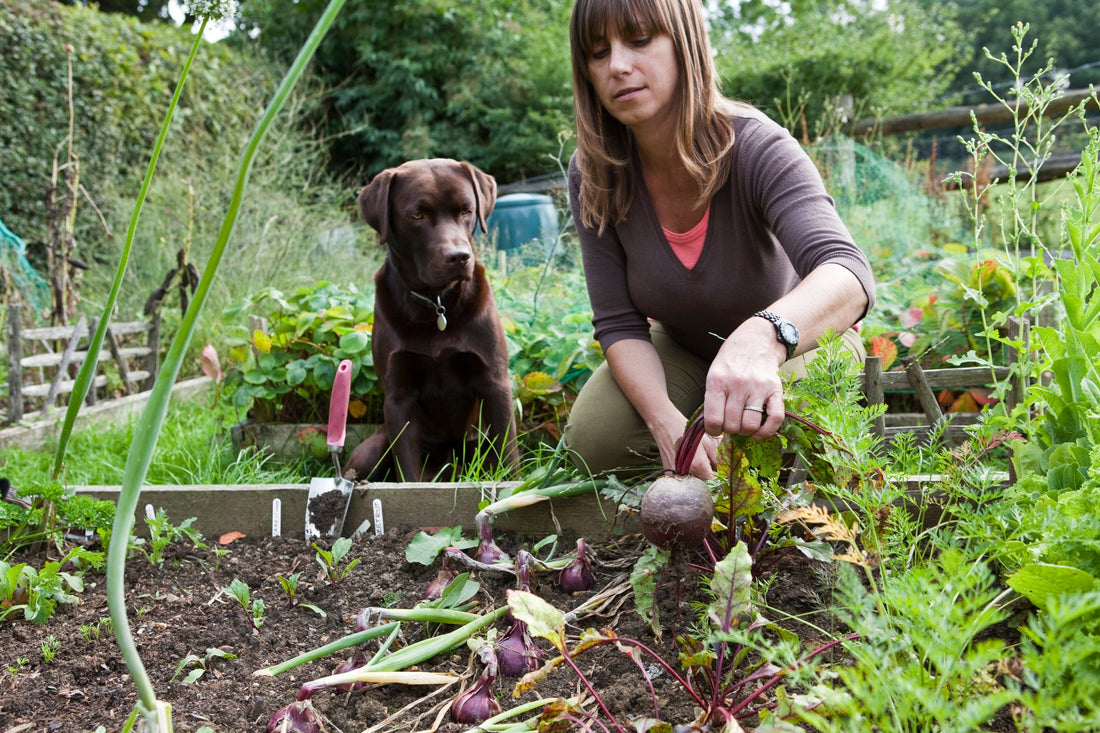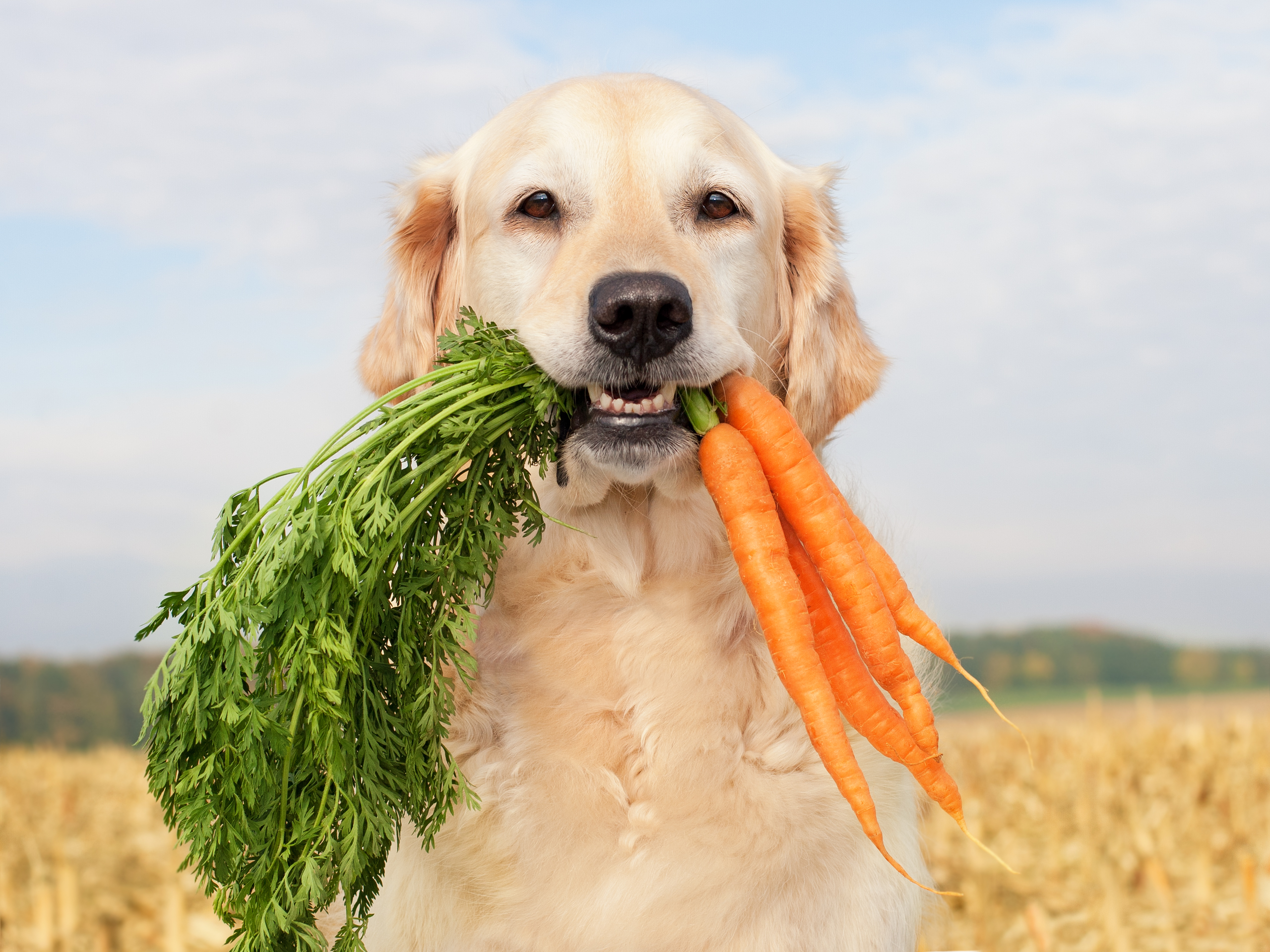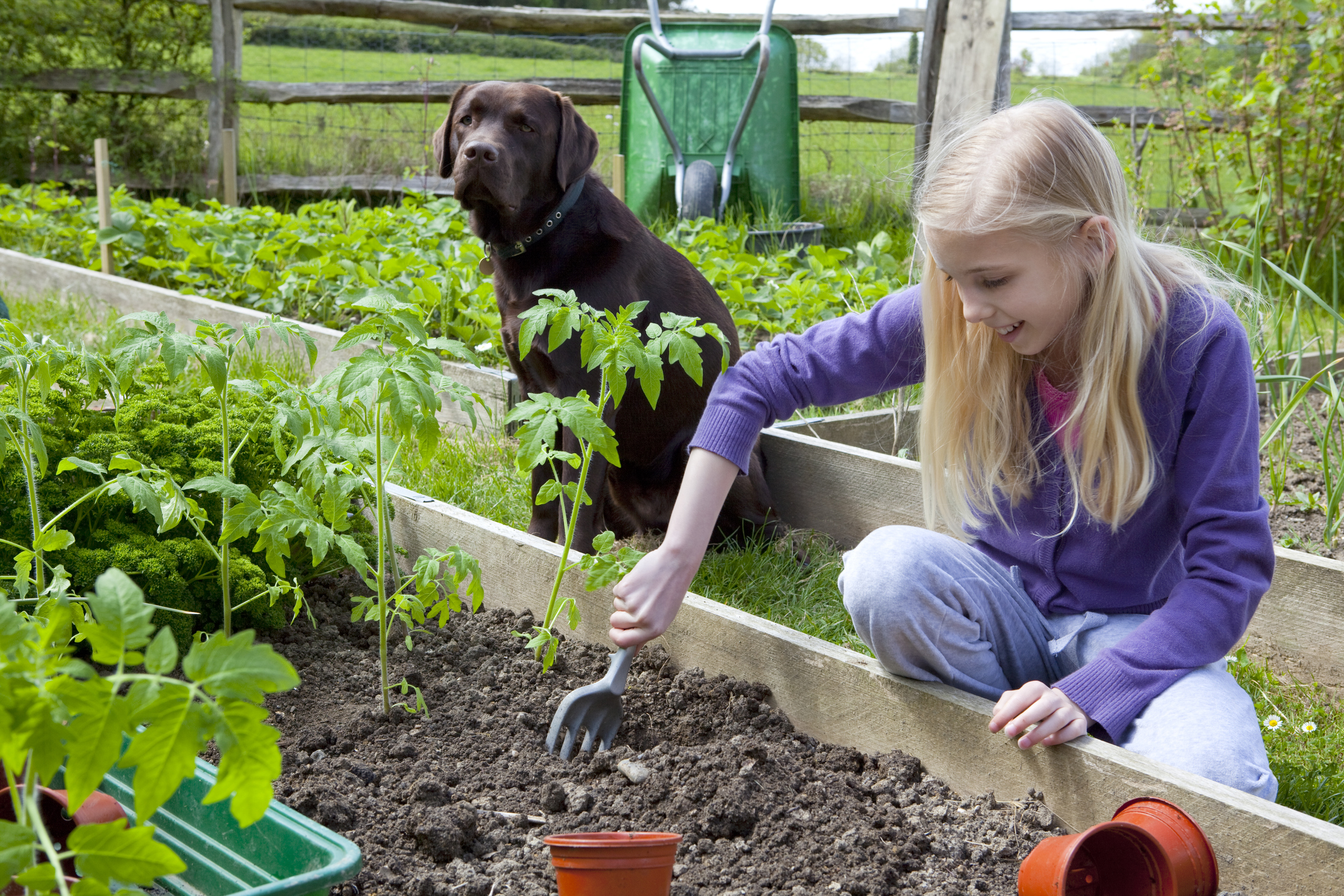
How to Keep Pets Safe Around Your Vegetable Garden
Summer vegetable gardens are great for providing fresh herbs and veggies for your household. Maintaining them can even be a fun pastime for you and your family. Unfortunately, if you’re a pet owner, vegetable gardens can also be a source of stress or danger.
Cats and dogs are able to eat many of the same foods that humans do. However, certain ones are toxic to pets and can lead to poisoning and other severe health problems. If you’re planning your vegetable garden for this summer, it’s important to understand what’s safe to plant and what you should avoid.
Toxic vegetables for cats and dogs
While dogs and cats dine on many vegetables in their daily diets, allowing them to eat the wrong ones could lead to toxic poisoning. This dangerous situation can be fatal.
Additionally, certain vegetables might be safe for cats and dogs when they’re cooked but are toxic to pets when they’re on the vine. This is why it’s so important for gardeners to pay attention to the vegetables they grow at home to keep their furry friends safe.
The following vegetables are unsafe to plant in a home vegetable garden your pet has access to:
- Tomatoes: Although technically a fruit, tomatoes are commonplace in many homeowner’s vegetable gardens. While ripe tomatoes are unlikely to be toxic to both cats and dogs, tomato plants and unripe tomatoes contain compounds called tomatine and solanine that are toxic to both animals. Pets who ingest tomatoes off the vine may experience vomiting, drooling and a slowed heart rate due to poisoning.
- Potatoes: Similar to tomatoes, raw potatoes are part of the nightshade family and contain a compound called solanine that is toxic to pets. Potatoes should always be cooked and skinned before being fed to cats or dogs. Even then, potatoes should only be offered in moderation, since excessive carbs can increase health risks.
- Allium vegetables: The Allium genus of vegetables, which includes onions, garlic, leeks and chives, is also extremely dangerous to both cats and dogs. If your pet were to eat these vegetables, they may experience anemia resulting from damage to the red blood cells. Other signs of poisoning from Allium vegetables include drooling, vomiting, diarrhea and collapse.
- Mint: If you’re adding herbs to your vegetable garden, stay away from planting mint. Mint is toxic to both cats and dogs due to its essential oils. If your pet ingests enough, they could experience vomiting and diarrhea.
- Rhubarb: Rhubarb is another vegetable that is safe when ripe, but the plant itself can be dangerous to cats and dogs. The leaves and green stalks of rhubarb plants contain oxalic acid, which can result in tremors, diarrhea, vomiting and weakness. However, the ripe, red stalks of a rhubarb plant are non-toxic to pets.
Let your pets enjoy these veggies

Aside from a few dangerous vegetables, you can grow a wide range of veggies in your home garden that are perfectly safe for pets to be around and even nibble on! Some pets enjoy vegetables as raw snacks or cooked and added to their food.
Even if you don’t feed them foods from your garden, the following plants are safe to grow around cats and dogs:
- Basil
- Carrots
- Catnip
- Celery
- Cucumber
- Green beans
- Peas
- Squash
- Sweet potatoes
- Zucchini
Of course, any vegetables you feed your pet should be offered in moderation. Consult your vet before feeding your pup or cat any vegetables in high quantities or as part of their daily meals to ensure they are safe and nutritionally appropriate for your pet.
Keeping pets out of your vegetable garden

Regardless of which vegetables and fruits you plant in your garden, it’s best to section your vegetable garden off using a small fence or planters that are out of your pet’s reach. This provides an added level of safety for your pet, since there’s no risk of them getting into anything.
Not only will your pet not have access to plants that could make them sick, but they won’t be able to disturb the plants as they grow. Dogs won’t be able to dig in your soil, cats won’t be able to use your mulch as an outdoor litter box, and neither animal will be able to nibble on the leaves of your budding greens!
Keeping pets out of the garden will also prevent them from having access to potentially dangerous herbicides and pesticides many garden materials contain to prevent pests and weeds. Using pet-safe pest deterrents is the safest thing to do, whether your garden is fenced in or not.
If you didn’t see a particular vegetable or herb on this list and are unsure of whether it will be toxic to your pet, consult the ASPCA’s Toxic Plants List and your vet to double check before planting. By staying mindful about safe vegetables, you can grow a beautiful garden and keep your pet safe.


